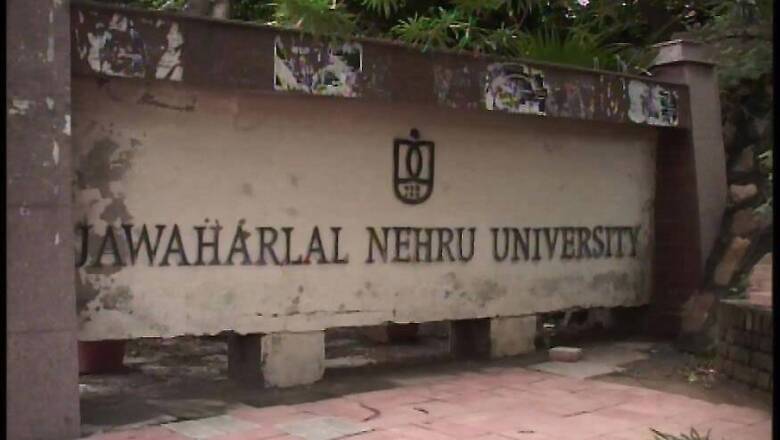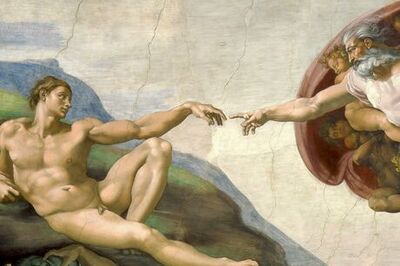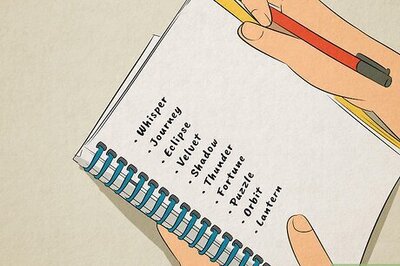
views
New Delhi: Teachers of Jawaharlal Nehru University (JNU) have voiced their criticism over the imposition of Central Civil Services (CCS) Conduct Rules, 1964, saying they are “against the spirit of a university”.
The rules, which were on the agenda of the 147th academic council meeting held on Saturday, guide the “conduct” and “service” for teachers and staff based on the government’s regulations.
Teachers believe that through the CCS Conduct Rules, which have already been imposed in media schools such as Indian Institute of Mass Communication (IIMC), the administration is surreptitiously muzzling criticism against the policies of the government.
A section of teachers from several centres has written asking for the withdrawal of the rules’ clauses along with more time for adequate study and discussion on the issue.
“Despite this, the agenda item was not withdrawn,” said the JNU Teachers Association in a statement.
RULES WILL CURB FREEDOM, SAY TEACHERS
The association said the rules were applied to “administrative officers in the government” and their extension to universities such as JNU would take away the institution’s social benefit.
“A university produces new knowledge and teaches it. But to do so, it needs independence of thinking and the freedom to dissent and act on that dissent. The CCS rules will remove these freedoms,” JNUTA said in a statement.
It, however, said the attempts to crush the spirit of resistance of the JNU faculty and attacks on the university from its own administration would fail.
Professor Surajit Mazumdar of the School of Social Sciences said, “Under these rules, economics professors can be punished for discussing economic policy; political scientists can be punished for discussing politics; environmental science professors can be punished for discussing environmental policy; scientists can be punished for discussing government science policy etc.”
The teachers explained that strictures on publication mean that routine academic work of writing and publishing papers becomes a violation of service conditions.
“Matters of academic honour — such as being invited to be on the editorial board of journals — will become a violation of service conditions,” they said in a statement.
THE CCS RULES and UGC Clause in Question
Detailing the fears of teachers, Mazumdar said so far, 48 teachers had been given show-cause notices invoking CCS rules.
“These were never part of any legislation in JNU. They were not formal. This time, the academic council met to makes changes in the new ordinances in the light of new UGC Regulations on Teachers Service Condition, which comes with the seventh pay commission. But the 2018 UGC Rules do not say anything on the CCS conduct Rules.”
He added that JNU implemented a clause where it wanted to make it clear that wherever other rules on conduct fall silent, they will bring CCS Conduct Rules of 1964.
"The universities are autonomous bodies and the nature of work of teachers is not the same as of government officials,” he said.
On the other hand, Rector Chintamani Mahapatra dismissed claims made in the association’s statement. “These are all rumours,” he told News18.
“In 2011, the EC passed a resolution saying that if any rule is silent on conduct, the CCS conduct rules would be applicable. In fact, the new UGC rules mean that until a university has its own conduct rules, the CCS Conduct Rules 1964 would be applicable to them.”
While some teachers feel that the "imposition of CCS Conduct Rules" is deriving legitimacy from new UGC regulations, some say they go against the very spirit of those new UGC regulations.
"The new UGC rules protect intellectual discourse and citizenship rights,” say teachers. A section of the new UGC rules, in fact, says that teachers should express "free and frank opinion" by participating in professional meetings, seminars, conferences, and towards the contribution of knowledge.















Comments
0 comment